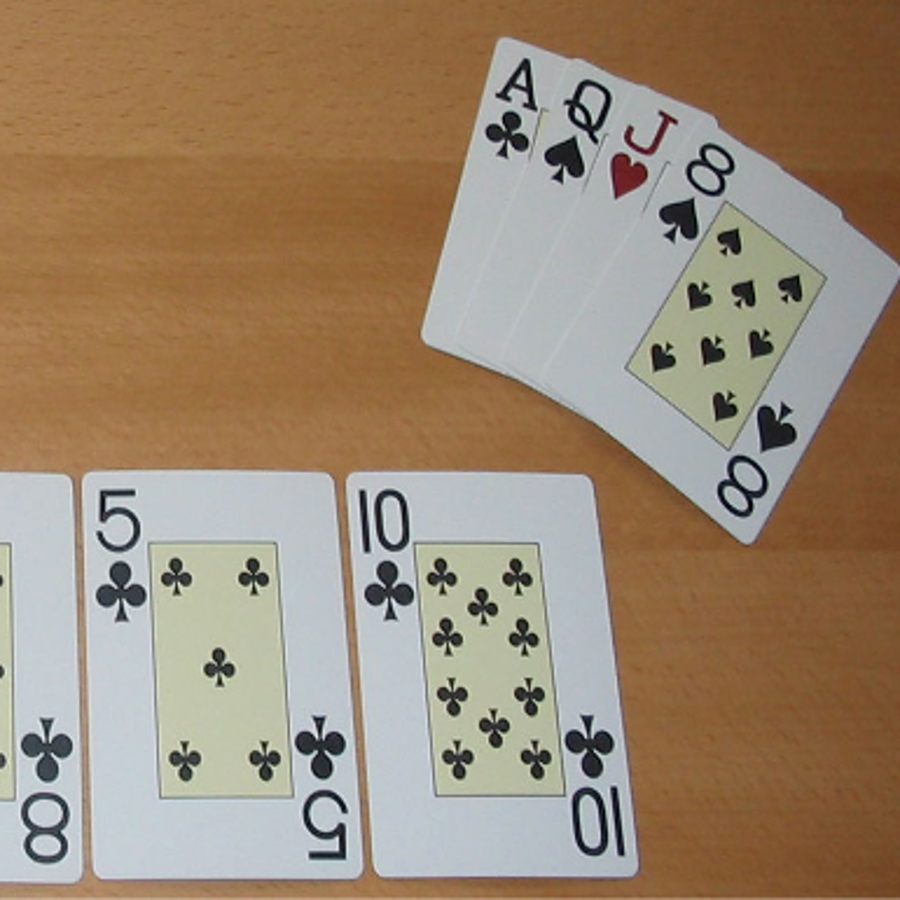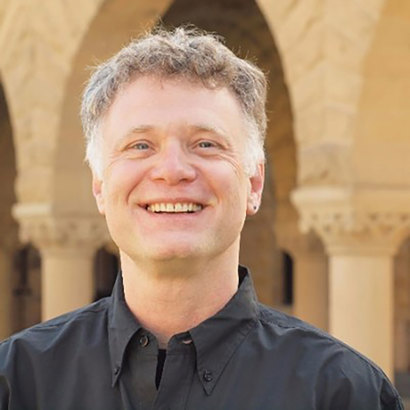
My mother had a stroke at age 38, but her mom is very healthy. Does genetics play a role?
December 9, 2005

- Related Topics:
- Cancer,
- Complex traits,
- Environmental influence
A curious adult from North Carolina asks:
"How is it my grandmother smoked for nearly thirty years and is extremely healthy and looks great for 70? Whereas, my mother only smoked for 15 years before she had a stroke at the age of 38? I am curious since they are mother and daughter. Does genetics play a role in this circumstance?"
Genes can play a role. But so can luck.
For example, it might be that your mother and grandmother's genes both increased their chances for stroke. In this case, your grandmother has gotten lucky.
Or it could be that neither was predisposed to having a stroke. In this case, your mother got unlucky and her smoking triggered the stroke in her and not her mother.
Or it could be that only your mother had genes that increased her chances for stroke. Either she got them from her dad, or she needed some from both mom and dad to end up with an increased chance.
In any event, just because she had a stroke so young it doesn't necessarily mean you will too. What I am trying to convey with these possible scenarios is that our genes aren't always destiny. Genes can sometimes just make it more or less likely that someone will get a disease.
It might help to think of all of this as a poker game. Let's say getting a royal flush is the equivalent of getting cancer or having a stroke (an analogy I am sure Las Vegas will love).
Just like some of these diseases, getting a royal flush is pretty unlikely. The odds of a royal flush are something like 650,000 to 1.
But sometimes in poker, there are wild cards. Wild cards can be any other card and so can increase the chances of getting a royal flush.
For example, if you add a joker to the deck, the odds for a royal flush are now 120,000 to 1. And if deuces (2's) are wild? The odds improve to around 1 in 5400.
What our genes can do is act like wild cards. Some of us are playing poker with no wild cards so getting a royal flush is unlikely. Others are playing with wild cards, increasing their odds.
Some people just have a joker. Some people have deuces wild. Still others have what my youngest son likes, 2's, 3's, 4's, suicide kings, and one-eyed jacks wild!

The point is, the more wild cards, the easier it is to get a royal flush. The same thing with getting a disease. Sometimes our genes make it more likely we'll get the disease.
Now obviously we don't have wild cards in our genes. So how does all of this work at the gene level?
Let's look at getting cancer from smoking as an example. Smoking causes cancer by mutating our DNA and causing the cell to not die or to grow uncontrollably (click here to learn more).
Usually for a cell to turn cancerous, both copies of a gene need to be mutated (remember, we have 2 copies of each of our genes)...this is called the two hit hypothesis. Some people start out with one gene already mutated, then, they have a wild card on their way to an unfortunate royal flush. These folks will develop cancer more easily than will someone who has both genes intact (click here for more details).
Other people will have both copies of their genes working. They have no wild cards so a royal flush is harder to get.
Other wild cards are traits like pale skin that make skin cancer more likely, high cholesterol and/or low metabolism that can make heart attacks more likely, etc. All of these sorts of things either are or can be genetic.
Of course, just like in poker, it also matters what cards you are dealt. In other words, luck also plays a role. If you're not dealt a royal flush then you won't have one no matter how many wild cards there are. Same thing with cancer.
For cancer to happen, the DNA change has to happen in an important spot. If the change happens in "junk" DNA, then it won't matter. Or if the change happens in a gene that doesn't matter, not much will happen either. Only certain changes in certain genes will cause problems.
Finally, it is important to note that we can change the rules of the game by the things we do. In other words, we can increase or decrease the number of wildcards by how we act. If we don't smoke, for example, we can get rid of some wild cards. This will make getting that royal flush less likely.

What all of this means is that life is an odds game. The odds of getting a disease are calculated by your genes, your behavior and luck.
Some mutations really stack the deck against you. A mutation in a gene called BRCA1 is one of these. People with a mutation in this gene get breast cancer by the age of 70 somewhere around 65% of the time.1
Of course, this isn't destiny either! That also means that about 35% of women don’t develop cancer, even with this mutation. Some may just be lucky, while others may have decreased their risk through various means -- they can decrease their number of wild cards.
So there you have it. The bottom line is that some people eat poorly, smoke, don't do exercise and live to a ripe old age. And some people do all the right things and still die relatively young.
It is all a matter of how many wildcards we're playing with and luck. This is why no matter what your genetics, you shouldn't smoke, get too many sunburns, eat too many cheeseburgers, etc. You want to decrease your number of wildcards so you won't get that royal flush.

Author: Dr. D. Barry Starr
Barry served as The Tech Geneticist from 2002-2018. He founded Ask-a-Geneticist, answered thousands of questions submitted by people from all around the world, and oversaw and edited all articles published during his tenure. AAG is part of the Stanford at The Tech program, which brings Stanford scientists to The Tech to answer questions for this site, as well as to run science activities with visitors at The Tech Interactive in downtown San Jose.
 Skip Navigation
Skip Navigation
